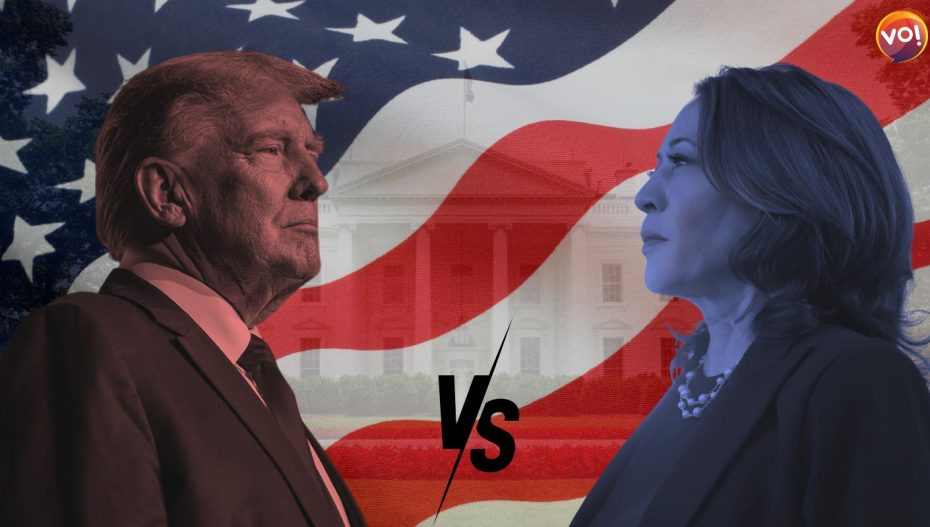The results of the 2024 US presidential election are coming in, revealing a tight contest after a high-pitched campaign season. The heated exchanges and key issues between Kamala Harris and Donald Trump almost mirrored the intensity of an Indian general election.
Throughout the campaign, both candidates sparred over topics that felt universally familiar: the integrity of democracy, the management of illegal immigration and concerns over electronic voting machines (EVMs). The echoes of these issues illustrate how global political concerns have converged, reflecting the rise of right-wing populism and concerns about democratic institutions in many nations.
On Tuesday, Trump stated he was prepared to accept the results, but only if the election was “fair,” reiterating longstanding worries over the security of EVMs. The former president has questioned the machines’ reliability, particularly those without paper records, which he believes lack the transparency of traditional paper ballots. According to a section of media, six critical swing districts have employed such machines, drawing scrutiny from Trump’s supporters, especially in Pennsylvania, where some claimed that machines failed to scan ballots.
The EVM controversy feels familiar to Indian audiences, where opposition parties have often raised similar concerns. Following a recent state election in Haryana, India’s Congress party alleged EVM tampering, prompting India’s Election Commission to caution against what it called “unfounded complaints” during sensitive electoral periods.
In the United States, the EVM issue stems from ageing machines, some over a decade old, which has raised concerns among both voters and experts. This mirrors the scrutiny EVMs face in India, with some opposition figures arguing that they threaten democratic fairness.
The similarities between the US and Indian campaigns do not end with voting concerns. In both countries, populist rhetoric has highlighted supposed threats to democratic institutions. In the lead-up to India’s 2024 general elections, opposition parties warned of risks to the Constitution and democratic structures. Meanwhile, Trump’s campaign has also portrayed the Democratic Party as a threat to American democracy.
High-profile figures, such as Tesla CEO Elon Musk, have amplified these messages. Musk, a vocal Trump supporter, cautioned that a Democratic victory could spell the end of true democracy in the US. “Far from being a threat to democracy, [Trump] is the only way to save it,” Musk posted, framing Trump as a safeguard against perceived Democratic dominance.
Illegal immigration and citizenship, already contentious issues in India, also became focal points in the US campaign. In India, the Bharatiya Janata Party (BJP) has made immigration from Bangladesh and the Citizenship Amendment Act central to its political message, especially in recent state elections. In the state of Jharkhand, Home Minister Amit Shah recently promised legislation to return land to tribal people allegedly taken by illegal immigrants and pledged to deport such immigrants if the BJP wins.
Similarly, Trump criticised Harris and the Democratic Party for allowing what he described as a flood of illegal immigrants into the US, alleging that Democrats even arranged special flights for these individuals. Many opinion polls have confirmed that illegal immigration remains a top concern for American voters, with Trump viewed as a strong candidate to address it. In Arizona, Trump vowed to bolster border enforcement by hiring 10,000 additional border agents.
Both candidates also appealed to Indian-American voters, with Trump emphasising his connection to Prime Minister Narendra Modi, while Harris, who has family roots in Tamil Nadu, visited a Hindu temple in Pennsylvania. Trump spoke out against recent violence toward Hindus in Bangladesh, hoping to bolster his appeal among Indian-American voters.
As Indiana County in Pennsylvania echoed with campaign slogans that felt strikingly similar to those in India, this election underscores a global trend. In today’s interconnected world, political campaigns are grappling with shared issues that transcend national boundaries, highlighting how close-knit the global political stage has become.
Also Read: Seven ‘Swing States’ to Decide Winner in US Presidential Elections












